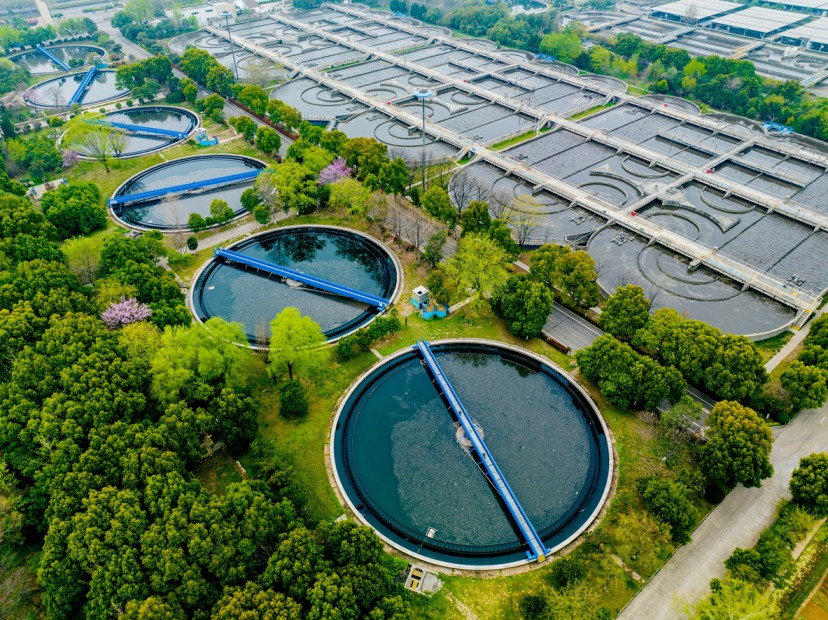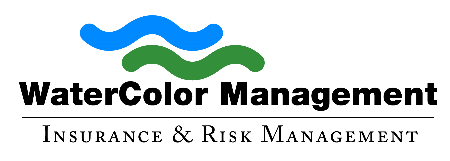
The public relies on water treatment facilities to clean, manage, and protect vital resources. The complex nature of this crucial industry means it faces many liability risks that may lead to lawsuits by government authorities and homeowners. Instead of worrying about the costly side effects of those risks, facilities that have general liability insurance have a layer of protection that brings peace of mind and the ability to focus on mitigating risks and ensuring people have enough clean water.
What Is General Liability Coverage?
General liability insurance is a foundational coverage that helps cover the costs of third-party claims for property damage, personal injury, and bodily injury related to a business’s operations. Along with covering medical expenses, it also provides coverage for legal fees, settlements, judgments, and court fees. Insurance agents should also work with treatment facilities to find water treatment risk management solutions for extra layers of protection.
When day-to-day operations include chemicals and industrial equipment, it creates the opportunity for more injuries. Additionally, the complicated process of treating water means dealing with various risks. If contamination occurs, it may pose harm to humans and wildlife. Not following maintenance protocols could lead to tank ruptures or spills. If any of the above scenarios happen, the facility would likely face an expensive lawsuit.
Importance of General Liability Coverage for Water Treatment Programs
Any business faces the risk of a third party getting injured on-site. From slips and falls to injuries related to improperly labeled equipment, general liability insurance helps in those situations by covering medical expenses and potential legal fees.
With water treatment facilities, the odds increase for bodily harm to more than one person. If a chlorine release results in toxic air emissions, it would lead to evacuating people from the area and potential hospitalizations from inhaling the fumes. This type of incident may lead to paying for legal defense costs and unexpected business interruptions.
Liability coverage not only kicks in to help a facility weather the storm but also helps when more nuanced situations happen. For instance, in the event of a defamation lawsuit or a contract dispute, this insurance protects against libel and slander claims. Because reputation means everything in the business world, providing documentation of the appropriate types and limits of insurance policies eases relations with key industry partners.
Understanding Policy Limits and Exclusions
The unique nature of water treatment facilities requires insurance agents to understand clients’ needs clearly. The location, size of the facility, number of employees, people served, and much more should get factored into helping a customer settle on specific policy limits. While many plants may choose a $2 million aggregate, it may come with gaps that could lead to financial trouble in the case of a large settlement. Discussing the potential risks can help facilities make the right decisions and get the full coverage needed.
Regardless of the size of a facility, any water treatment program should have general liability insurance. This vital insurance provides safeguards needed to navigate third-party injury, property, or personal claims. Understanding the industry’s risk factors helps insurance agents meet customer needs and mitigate against them.
About Watercolor Management
Watercolor Management has insured the water industry for over 30 years. Our policies include unlimited defense cost coverage in the event of a lawsuit against you. Call us at (855) 929-0824 or email info@watercolormanagement.com for a quick quote for your Water Business Professional, Products/Completed operations, Pollution and General Liability Insurance.




